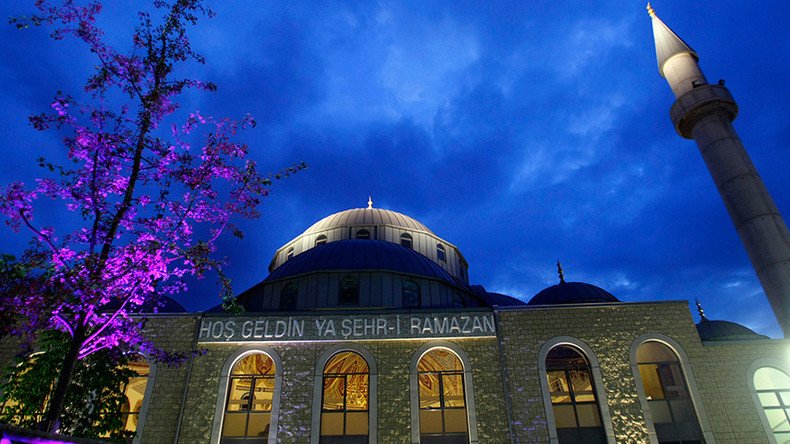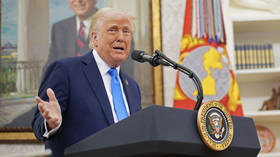German official wants ‘Islam law’ to shed light on funding & teachings by ‘imported imams’

Germany’s Deputy Finance Minister has called for the introduction of an “Islam law” which should enable more transparency in the Muslim community's affairs by setting up an official mosque registry and encouraging imams to conduct services in German.
Jens Spahn, member of Chancellor Merkel’s ruling Christian Democrats (CDU) party, has called for significant changes in the way Islam is being practiced in Germany, the Funke Media Group reported on Thursday, according to Die Zeit.
The introduction of an “Islam law” the politician argued, would insure transparency into wider Muslim community practices, in a country whose imams often come from abroad and are financed from foreign sources.
In particular, Spahn called for language tests for the Islamic clerics, adding that it is important for imams to deliver teachings in German to help diminish prejudice against Muslims.
“Such imported imams lead to social disintegration,” he said, adding that Catholic sermons could be understood by everyone, unlike those held in Turkish or Arabic. German sermons, the politician said would also help the German authorities to know “what happens in mosques”.
Spahn also demanded that mosques in Germany be registered since at the moment authorities don’t know “how many mosques there are in Germany, where they are or who finances them.”
The deputy finance minister said currently, there is no central representative for Muslims living in Germany and that the current Islamic associations in the country only represent a very conservative form of religion.
“They speak only for a minority of Muslims. They are the wrong partners,” said Spahn.
To get the proposed law on the road, Spahn urged the federal government to allocate money for training imams, religion teachers and counsellors.
“That will be a hard debate, but I would rather we finance this than that the money comes from Turkey or Saudi Arabia,” he said, adding that an additional “church tax” for Muslim communities could be imposed.
Volker Beck from the Green party was quick to reject the proposed law, saying that Germany doesn’t need “an Islam law, a Christianity law or a Buddhism law.”
“The religious communities organize and administer their own affairs,” he said, according to Domradio. Beck argued that while German-trained imams would be a good thing, the initiative should be made optional, not compulsory.
According to Berlin, up to 4.7 million Muslims live in Germany, comprising roughly 5.7 percent of the entire population. Only around 1.9 million of them are German citizens.















